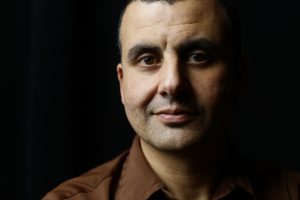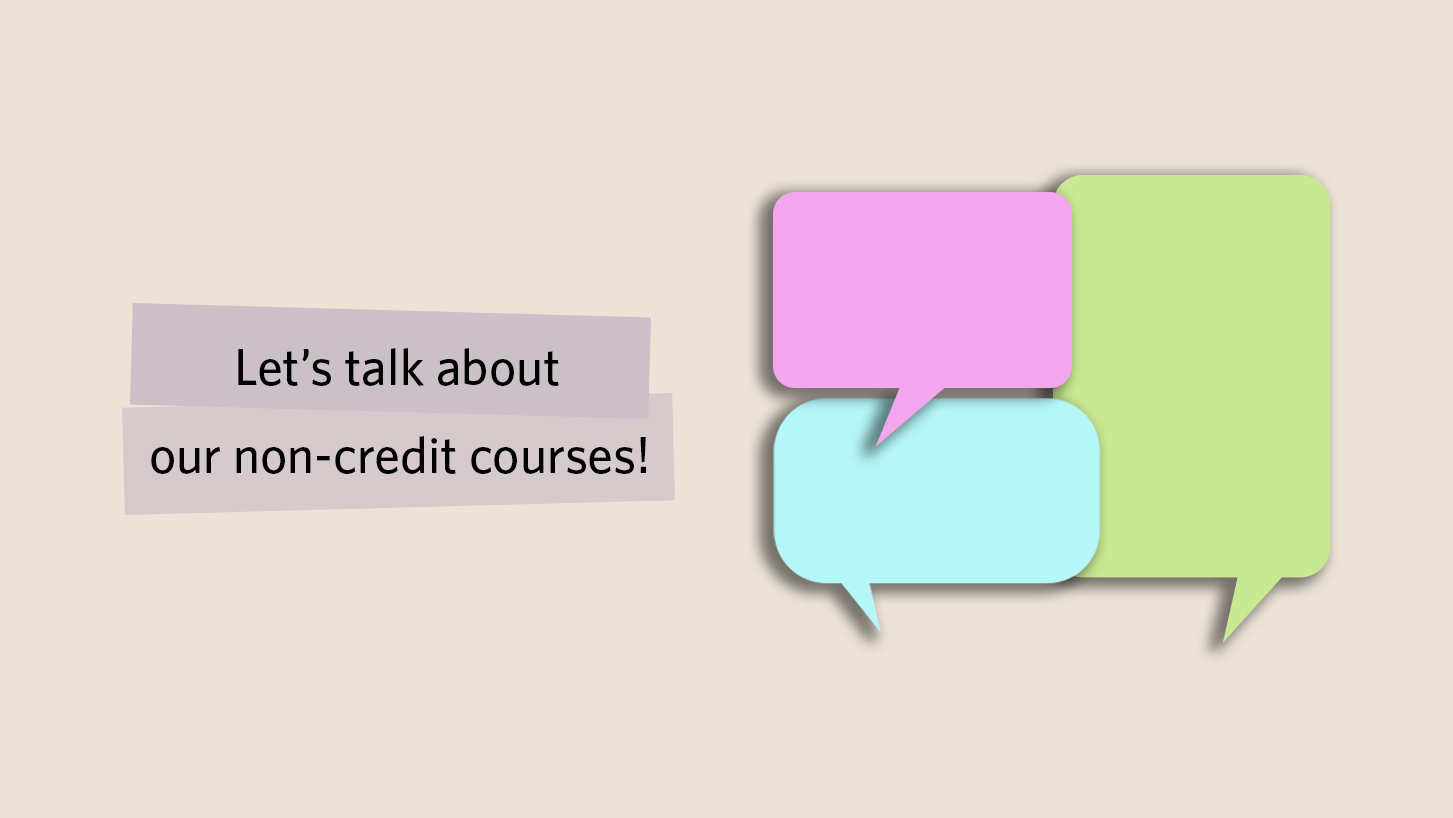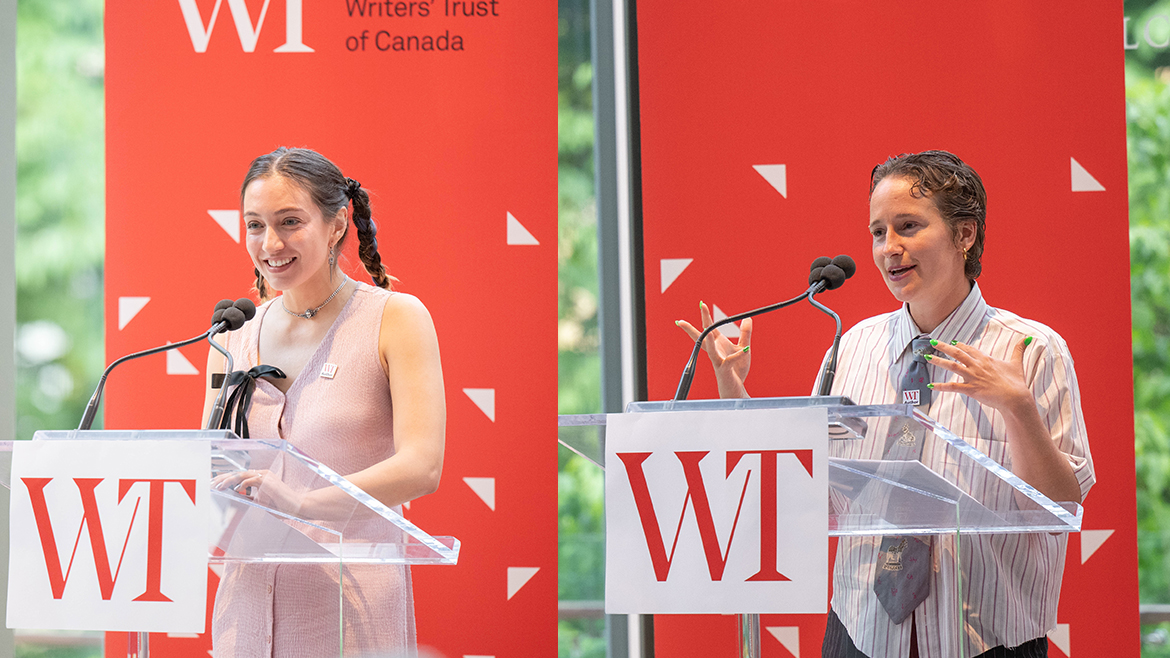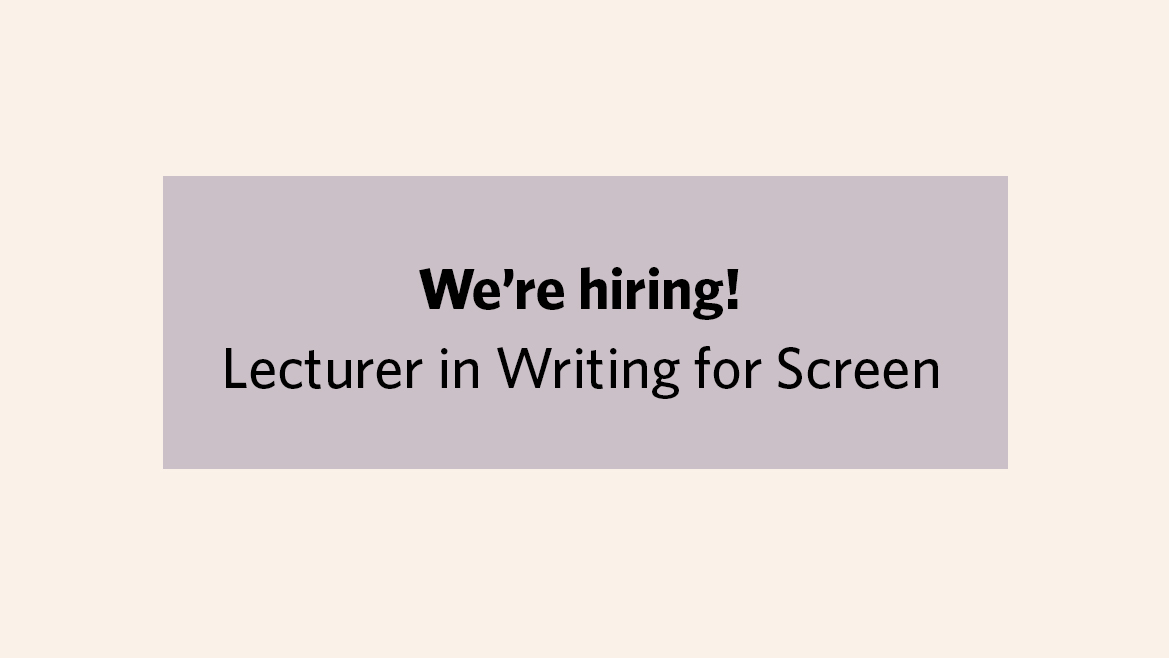

Congratulations on being shortlisted. What does it mean to you?
Well, as you can imagine it’s hugely flattering. It’s the largest theatre-specific award in Canada and one of the largest cultural prizes in the country as well. To be nominated is – sincerely – one of the greatest honours I’ve received. Mid-career is also an interesting time, when we’ve been at this long enough that it’s become truly and fully what we do. At the same time, I feel myself getting older, and wondering, in deep middle-age, about the choices I’ve made and what the latter part of my and my family’s life might look like. This feels like a terrific shot in the arm to that, a vote of confidence that this strange little profession might be worth it, that the work is valuable, and valued. Other aspects that are great: a fundamental part of the criteria, in addition to body of work as a playwright, is mentorship nominees have done with younger writers. Teaching and mentoring have been part of what I do from the very beginning of my career and I’m thrilled that this is also part of what is being recognized. Finally, the short-list is terrific (and I don’t mean because I’m on it!). The other playwrights recognized – Hannah Moscovitch, Donna Michele St. Bernard and Evelyn de la Cheniere — and their work reflects where Canadian theatre and performance is right now, not a facsimile of the scene 20 years ago. This isn’t always the case with big awards.
You are an alumni of the UBC MFA Creative Writing program. What drew you to the programme?
I was 29 years old. I’d had one play do well nationally but also had a three year old kid and was working furiously at a million different jobs. I knew I wanted and needed space and time to write. I also knew that I wanted to try writing fiction. I read Linda Svendsen’s Marine Life and knew immediately that I wanted to work with her. My playwriting practice was quite political. I wanted to write domestic stories, and investigate the giant little dramas that are part and parcel of having and living in a family. Linda’s work was a natural connection to that.
How did your work change during the MFA and after you graduated?
I developed a prose voice that I felt very proud of. This was something I discovered doing my MFA, and that I learned to trust. I developed confidence in my overall voice as well, trusting that humour could be a useful and exciting way to examine questions that plague, obsess or confound me. The MFA gave me space to experiment, in a new form, and also as a playwright.
After I graduated I actually followed the prose writing into a fairly active early-career as a journalist and broadcaster (for the CBC). It was absolutely my time at UBC that gave me the confidence to pursue this, and the connections as well. That said, a show I wrote just after graduating, the War on Terror satire Ali and Ali and the aXes of Evil got a lot of traction and toured (with me in it) for four years. This experience sucked me back into spending most of my writing time on plays. Something else I learned at UBC: it makes sense to me to criss-cross genres and forms. I discovered my love of form, in and of itself. I can’t imagine only ever writing in one genre, or one kind of play. I write mainstream narrative work, experimental, non-linear performance, for radio and pod-casts, articles, essays, memoir … It is the constantly evolving relationship between all these types of writing and the sense that I never know what I will write next that keeps me excited about this work.
What are you trying to achieve in your writing?
I write about things I can’t explain, about questions that I feel our culture is afraid to confront. I write as the child of bi-cultural parents who felt trapped in an unhappy marriage. I write in an attempt to bridge difference, authentically, with joy and humour. I write from a place that assumes that the beliefs we have about others often say more about us than they do about the people those beliefs purport to define. I believe conflict is fundamentally necessary, for good writing, and to move our culture forward. This is why I have written comedies about the War on Terror, a semi-experimental play about capitalism and competition, and an adaptation of a 1960’s Egyptian novel reset in contemporary Vancouver.
Most important to me: that our work be about more than us. That it be connected to the wider world and offer access to audiences (and sometimes artists) who might assume that there is no place for them in theatre and literary cultures. When my work fails, I think it’s because I’ve given in to fear of going deep and exposing my own vulnerability. We are all fools. We are all brilliant. We are all complicit in some kind of horror. These are the fundamental values I try to remember as I write.
What was your most valuable learning from UBC’s Creative Writing program?
A few things that Linda Svendsen said come to mind: “Magic happens in unexpected places.” Which I have found to be true. In many ways the most satisfying creative experience I have had has been working with my friend Niall McNeil. He’s an artist who’s life includes, among many other things, Down syndrome. He identifies as a writer but isn’t physically able to write very much. Over the last decade we have figured out a way to write together. While this may not be the flashiest work I’ve done, or that which has garnered the most attention, it has been close to the most fulfilling. That’s not something I would ever have been able to predict.
Linda also said, “You need a strong ego to survive.” I remember being totally dismissive when she said it. I was thinking about it a little while ago and I realized, I thought she said “big ego.” But she didn’t. She said strong ego.
She’s right. I’m successful enough. I also nursed a mom through 20 years of early-onset Alzheimer’s. While raising little kids. And honestly, lately I sometimes feel like I work a lot harder than I should have to in order to earn the normal middle class income that my family and I seem to require. In the middle of that it’s sometimes a struggle to prioritize your art. What you feel like you have to say. It takes a strong ego.
What is your best memory from this time?
The first thing that comes to my mind is the smell of 4th floor Buchanan (that particularly potent mixture of age and disinfectant) – but that’s not what you mean (!). I think it was the responses to my writing, that came regularly, from both profs and fellow students, the generosity and incisive feedback, and the encouragement I felt: legitimate, honest encouragement to trust my own voice and impulses, that these were seen and recognized as valuable.
——————————————————————————————————————————————–
The Siminovitch Prize shines a spotlight on excellence and innovation in Canadian theatre with an annual prize of $100,000. Over a three-year cycle, the Prize honours a professional director, playwright or designer who is an acknowledged leader in the theatre and whose work is transformative and influential. The 2017 jury is comprised of chair Bob White, Nathalie Bonjour, Jessie Mill, Vanessa Porteous and Emma Tibaldo. This year’s Prize will be awarded to a playwright on Monday, November 6, 2017.


